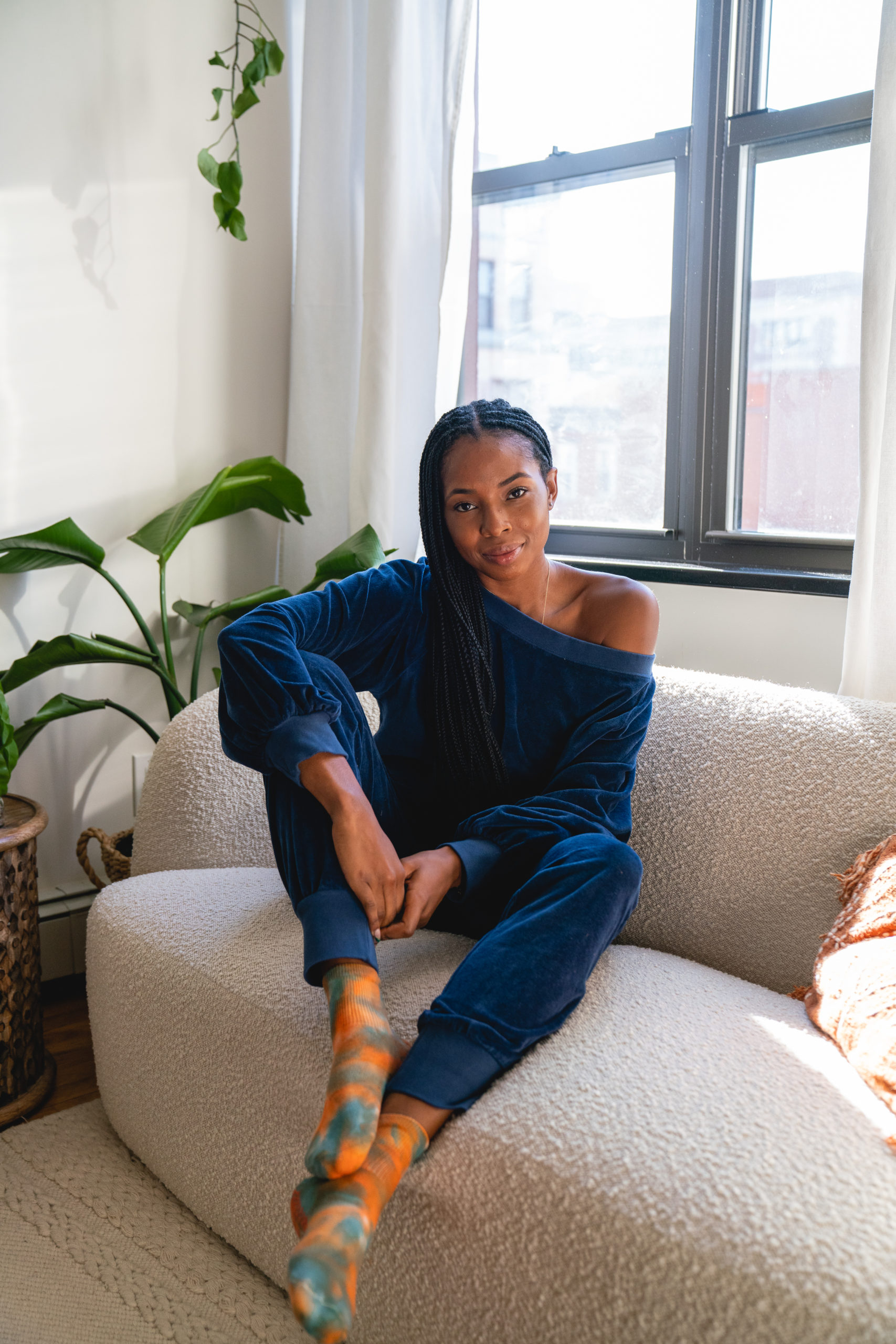Hi, I'm Kira
I’m a lover of the world and far off places who is so excited that you’re here. Looking forward to sharing more of my world with you and all the things I love. I hope this site really does feel like a wellness oasis right here on the internet.
CREATOR. ENTREPRENEUR. ATHLETE.
READ MY STORY
Find a featured business near you to support ⟶
find more blog posts to love
travel
wellness
food
lifestyle
entrepreneurship
As we close out spring and slowly emerge from a global pandemic, I feel like the wellness of Black people has been tested in a lot of ways. And in result, our need for community has shifted dramatically. As we prepare to celebrate Juneteenth this year, I wanted to draw attention to the many ways it can be celebrated with our mental health in mind. While Juneteenth is generally seen as a joyous occasion, it’s important to understand how it can still be a weird time for some of us, filled with triggering posts and angst. In the midst of a celebration, our current social climate, coupled with the effect of social media, can sometimes stir up just as many negative emotions as positive ones. Needless to say, sometimes “Black joy” just isn’t enough.
What is Juneteenth?
For those who don’t know, here are the quick and dirty facts: Juneteenth is a holiday used to celebrate the official ending of slavery in the United States. On January 1, 1863, President Lincoln issued the Emancipation Proclamation, seemingly ending legalized slavery in the U.S. However, in many of the southern states, slavery was still very much alive. It wasn’t until June 19,1865, a whole two years later, that slavery was officially abolished — hence, Juneteenth. So why is Juneteenth important? In short, it marks the day that we as a people were finally free in the U.S. But contrarily, when you add the recent injustices surrounding Breonna Taylor, Ahmaud Arbery and George Floyd, it highlights a bleak sense of false-freedom that tends to have a looming effect, even in happier times. Our people are essentially still being hunted, even after we’ve been “freed.” With that being said, Black people should be able to celebrate Juneteenth however it best serves them.
1. Go to a fun event
If you’re more of a social butterfly and draw your strength from the energy of others, then the more typical Juneteenth celebrations are probably for you. Across the country, there will be a slew of cookouts, picnics and parades dedicated to celebrating Black people. These are usually a good time if you enjoy being around large groups of people. Most of these events are more likely to take place outside so if you’re still cautious about COVID concerns, these are probably along the safer side.
If you’re still looking to be social but in the confines of your own home, I’m hosting an Empathy in Action Workshop, a virtual event in partnership with Actually Curious. We’ll be donating $10 from every ticket to Avenues for Justice, a pioneer in alternative-to-incarceration programs for youth in the U.S. It’ll be a chance to celebrate freedom through movement, mindfulness, and community as we come together to continue the fight for racial justice.
2. Take a fitness class
Fitness has always been one of my go-to ways of prioritizing my mental health. Working out gets the blood pumping and clears the mind. Trying new fitness studios specifically has become one of my favorite pastimes because it allows you to connect with new disciplines and new people. However, it can be isolating to be one of the only Black faces in a class, due to the lack of diversity in wellness spaces. If you’re looking for some sense of community, try a Black-owned fitness studio. You’ll be burning some cals all while supporting a Black business — the best of both worlds.
3. Treat yourself
It’s known that Black people have one of the highest levels of buying power, which means our dollars hold weight. If you want to celebrate Juneteenth but would rather put your money where your mouth is, shop with a Black-owned brand. This is not to say that Black-owned businesses should only be supported on Juneteenth or during Black History Month but if we’re truly celebrating liberation, I feel one of the most impactful ways to do so is by funneling money back into the Black community and creating financial freedom.
4. Take a break from social media
Yes, you read that correctly. A lot of us may feel compelled and maybe even obligated to show up on social media when it comes to Juneteenth. It seems that we’re expected to engage, reshare, and document all the Black joy that is happening — and if you have the bandwidth for it, go right ahead. But as I mentioned before, sometimes social media can be a weird place that can reawaken old emotions and triggering conversations. If you find yourself slipping into a dark place, log off. While understanding that I am a content creator and it’s something I enjoy doing, I find it very important to know when to disconnect and be present in real life.
5. Do nothing
If you take nothing else from this post, I want Black people to understand that being your authentic, Black self is enough. I feel like 2020 created a lot of awareness surrounding Black issues and the overall plight of Black people in America, but understand that as a Black person, it’s not your responsibility to educate or explain anything about your experience or existence. Showing up every day, in your skin, in spaces that were not created for you is more than enough. Juneteenth is a time of reflection and if that involves not doing anything at all, then so be it. However you decide to commemorate it, just make sure it serves you.
